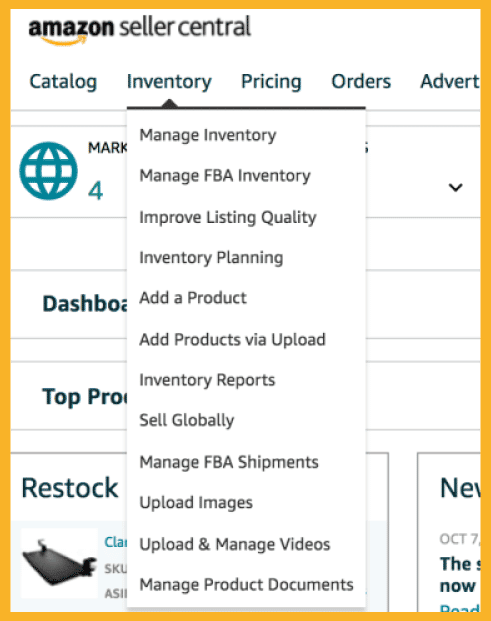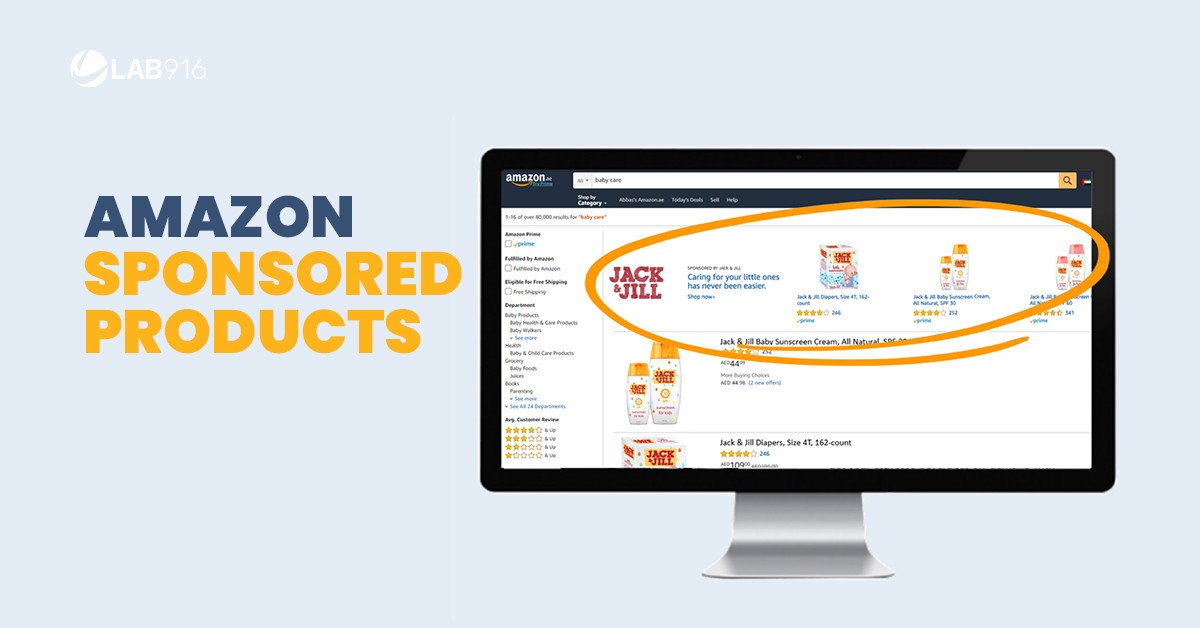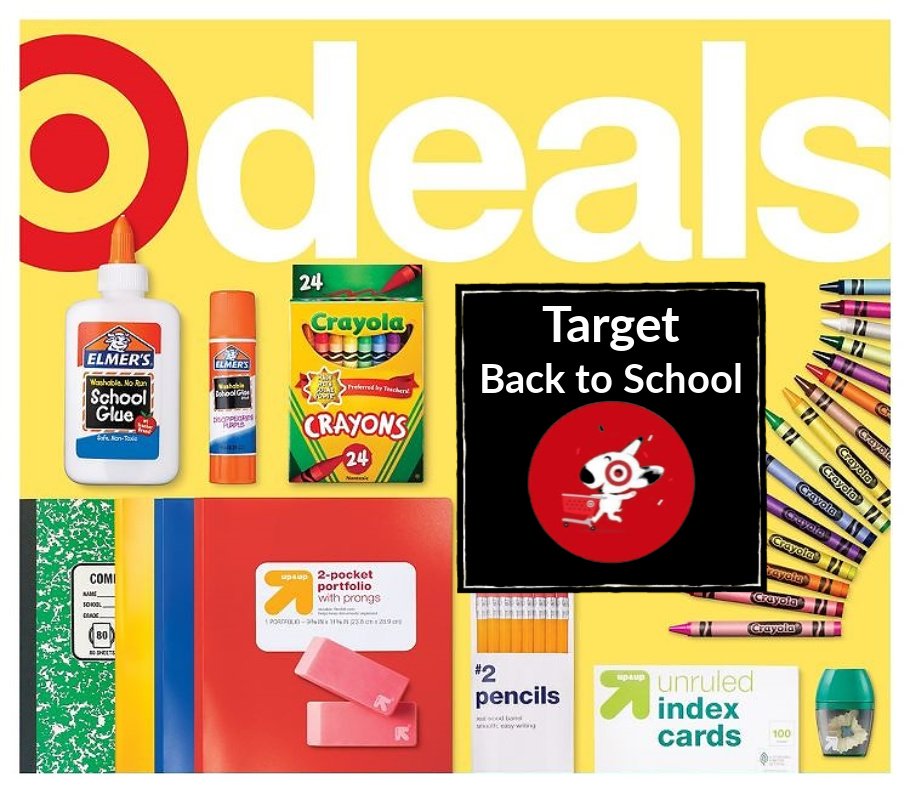
Retail is the act of selling consumer goods and services to consumers. This means that the consumer is purchasing for their own personal needs as well as those of their family. It is highly competitive, making it hard to succeed. Here are some ways to be successful in retail. These are the most important aspects of retailing. Before you start your next retail venture, be sure to consider these important points. We hope that these tips will assist you in finding the right business.
Customer service
It's not easy to maintain loyal customers than by providing excellent customer service. One customer was unhappy with the service provided by his store after his television broke. He decided to shop at another store where he found a better TV for a fraction of the price of the original one. The manager was able to change his mind after the customer presented the security footage. Unfortunately, this is just one example of how poor customer service could cost a company their reputation.
The technological revolutions of today are shaping the future retail customer service. The next few years will see success for companies that embrace technology to improve customer service. Some companies decided to establish an online presence after the US pandemic. Retail customer service has never been more important thanks to the internet. Customers who are unhappy will tell at the least two people about their negative experience and then complain about it with their friends.
Listening to the customer and connecting with them is key to good customer service. This will allow the retailer to listen to their needs and help them develop a relationship. If customers feel like their interaction is personal, they'll be more likely to come back and shop again. Customer service also improves sales for retailers by encouraging people to come back and buy more. Retail customer service is all about listening to customers so they feel valued and appreciated.
Localization
The location of retail stores is crucial for the success of a business. The location of your retail store is critical. But, the wrong choice could cause you to fail. Before making a choice about the location of your store, you should consider your future goals. Also, determine how much space you need to house your office. Next, do some research on the area to identify the amenities that are most important for your business. These factors will help you choose the best location.
The location of retail is the general location of a store, regardless of whether it's in a mall, district or neighborhood. This is a significant decision and can have long-lasting effects on the image and sales of retailers. The cost of running a retail business can also be affected by its location. Fortunately, retail location theory is still advancing as more people become educated and more consumers become aware of the importance of the place of their local businesses.

When choosing the location of your retail shop, take into account the demographics. You should also consider the distribution system within the area. If you are looking to target a certain demographic, you should choose a country where there is a lot of it. If you plan to open a shop in a foreign country for your business, ensure the demographics are strong enough to justify it.
Branding
Consumers have so many options today that brand loyalty is essential. In this environment, retail branding is even more important than ever before. Because there are so many other products and brands of the same quality, it is essential that consumers have a strong emotional connection to a brand in order for them to stand out. The more meaningful the connection, the less price sensitive the shopper will be. A stronger emotional connection will make it easier for them to connect with the brand online.
Retail branding is often influenced by the physical appearance and feel of brick-and mortar stores. Using intentional design choices, retailers can create a living brand experience. Retail branding has evolved beyond just price tier positioning. It is now a strategic approach. This requires that retailers consider more than just price. They must also think about trust, sustainability sourcing, honesty and value for money. Successful retailers not only increase customer loyalty but also develop their brands to be more relevant.
A logo is not enough to brand retail. Creating an effective retail brand requires an understanding of consumer behavior, including the ability to identify real disruptions. A growing consumer awareness around wellness is one trend. Strong principles are the best way to ensure that your retail brand is able to adapt to digital commerce platforms. If the brand is not rooted in a solid brand concept, it will not survive long. A brand that reflects its values is the key to retail branding success.
Economic impact
Over the past 20 years, the retail industry in general has undergone significant changes. The globalization of retailing triggered a new wave of retail giants that expanded their operations abroad. Several emerging economies also saw the opening of new retail outlets. The modern economy still relies on retail to provide consumers with the products and services they want at a cost they can afford. But the industry does not come without its problems. These are some of the ways retail development can help reduce its negative effects.
Direct Economic Impact: The retail sector contributes to the state's economy directly through jobs, labor income, and GDP. These impacts are different across states. The economic impact of retail on each state's economy was greater than twelve percent in 2012. However, the total effect on GDP was 6.1 percent in DC and one in five dollars for Florida. There are many indirect implications of retail. These measures can have a different impact on supply and demand but all have an impact on the economy.
Retail accounts for nearly one quarter of GDP in OECD countries. Retail is the largest contributor to U.S. job growth since 2010, accounting for 15.9 percent of the country’s 28 million job gains. Retail faces many challenges, and can be affected by multiple shocks, just like any other sector. Government policymakers must support retail companies and the wider economy in order for them to remain competitive.
Millennials
Traditional retail is being forced to adapt to the changing needs of millennials by shifting its focus to appeal to them. Retailers must adapt their marketing strategies to meet the changing needs of this crowd, rather than being impressed by new advertising campaigns. Retailers need to understand the needs of this group in order to keep them coming back for more. This article will explain why the retail industry needs to adapt to the millennial generation and how to appeal to it.

The NPD Group estimates that Millennials invest 81 percent in brick-and–mortar shops, compared to just 19% online. This group is very price conscious and is more likely than others to use their smartphone for deals. A recent survey revealed that 54% of Millennials visited stores at the least once a weekly rate. But their budget is so tight that many retailers need to rethink the way they do business.
Multichannel retail is key to attracting millennials. The first generation of Internet users, millennials are adept at navigating digital platforms. Millennials expect seamless integration of physical and digital channels from retailers. Even if they can't physically view an item, they'll buy it online if the price is right. That means that brands must work on developing new ways to engage with millennials.
Supply chain
Complex systems such as the Retail supply chains require many moving parts. This includes technology and automation. To meet customer needs, such as fast shipping, the process must be flexible. Today's consumer expects products to arrive at their doorstep as soon as possible. This is why they need transparency. Consumers expect to pay less for products that are shipped through the supply chain, and want to track their packages from delivery to delivery. These tips will help you optimize your retail supply chains.
Measuring fulfillment time will ensure that your supply chain is efficient. A well-organized supply chain will increase sales and lower costs. Many people shop in marketplaces because they offer free shipping or discounted shipping. A good supply chain strategy will make this process easier for businesses and ensure that they deliver products on time. The more efficient you supply chain, the more value it will bring to your business. Customers will remain loyal and happy when you improve the speed and quality your fulfillment.
Forecasting is essential in the retail industry. However, it can be difficult to forecast consumer demand. It is crucial to know what customers want, match it with the supply chain's ability to meet that demand and keep an eye out for potential shortages. How do you do it? Forecasting is possible with many tools. You can use collaborative planning online to analyse data and gain an understanding of customer demand. This information can then be used to determine what to sell, how to ship, and promote products.
FAQ
Where can I find coupons for online shopping?
There are two ways to find coupons for online shopping: 1) Go directly to the website of the company you plan to purchase from; 2) Search Google for coupon codes. Both methods work. However, certain websites may be easier than others.
How can I avoid getting scammed while shopping online?
It is vital to remain vigilant when buying online. Before you make a purchase online, be sure to read reviews and review the feedback of customers. Never send sensitive financial information via email. Instead, make use of a secure site such PayPal. By doing this, you can feel secure knowing that your personal information is protected.
Why is it better for online shopping to use credit cards?
Credit card companies offer a variety of benefits, including rewards programs, free shipping and cash back. They also offer fraud protection. People should consider them over debit card because they don't have any fees.
Customers who need to pay off their balance on time will also be able to use credit cards. Credit cards let you shop with confidence, regardless of how much money your account has.
Statistics
- The tax is automatically added once you click the checkout button, so factor in an additional 20% when looking at the product page. (makeuseof.com)
- According to the Federal Trade Commission (FTC), online shopping was the fourth most common fraud category for consumers as of February 2022.5 (thebalance.com)
- Last Black Friday, I bought a stove from Lowes at 40% off, receiving 24 months of interest-free financing (from Lowe's). (meetfabric.com)
- The vast majority only change a password to protect privacy a few times a year (27 percent) or, more likely, never (35 percent). (pcmag.com)
External Links
How To
Online shopping is safe?
Yes! It is safest place to conduct business. It's simple to install security software and keep personal information private.
Online shopping is very popular since it allows you to get exactly what you need without ever leaving your home.
It is important that you remember that shopping online requires you to use commonsense and to take basic safety precautions.
If you have initiated the transaction, don't give your credit card number to anyone over the phone or by email. Do not answer any calls from someone pretending to represent your bank.
Don't send sensitive information via email, such as passwords or account numbers. Instead, use a secure website to log into your accounts.
It's always good practice to check your browser's address bar before entering any personal information. If you're worried about identity theft, you can sign up for free services offered by the Federal Trade Commission (FTC) and the Better Business Bureau (BBB).
These organisations will monitor your transactions and alert if you notice anything unusual.
They will notify you if anyone attempts to steal and identity.
These tips will help you avoid being scammed.
-
Never give out financial details over the telephone or by email.
-
Unsolicited email messages may contain links that you shouldn't click.
-
Avoid clicking on advertisements that ask for personal data.
-
Never enter your password/PIN for a site or application you did not initiate.
-
Before submitting any personal information, ensure that you are on the right website.
-
Be wary of sites that request personal information in order to prove that they are legitimate.
-
Before providing any personal information, please verify the addresses and contact information.
-
Avoid hidden fees
-
Keep a record of your receipts to be able to later dispute any unauthorised charges.
-
Report fraudulent activity to the FTC, BBB, your local police department, and/or your state attorney general.
-
You can take advantage of online discounts and deals when you buy.
Electronics, clothing, jewelry books, DVDs and CDs, toys, videogames, tools, appliances, furniture, bedding, etc. can all be reduced at great prices.
The best part is that you can usually save money on shipping costs.
Shop online right away! It will be easy to find almost all your items online and not have to go to multiple stores.
It's easy to avoid lines and deal with crowds.
You should definitely give it a go.